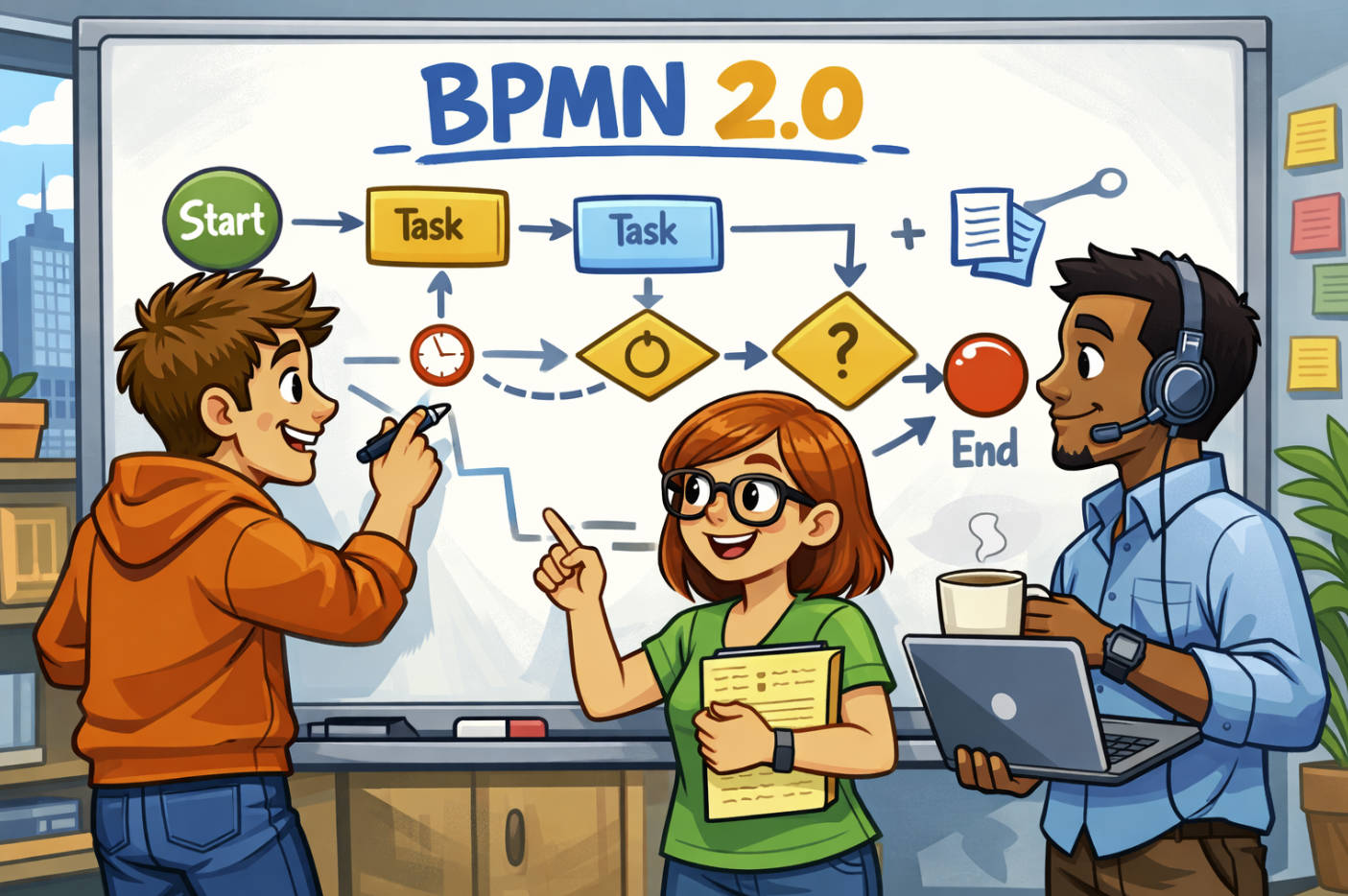Everyone has been there. A project deadline is set without much thought about how much time the work actually needs.
Managers push for faster turnarounds and shorter timelines as if speeding things up magically improves efficiency.
The truth?
Tight deadlines often reduce quality, lead to more mistakes, and create unnecessary stress.
People sacrifice weekends, sleep, and time with family, yet in most cases, the world does not end if a project takes a little longer.
Businesses need to rethink deadline culture before it burns out their teams and costs them more in the long run.
Tight Deadlines Do Not Mean Better Work
Companies love fast results.
They think setting aggressive deadlines forces productivity.
But studies show that constant time pressure leads to more errors, lower creativity, and poor decision-making.
When employees do not have enough time to focus, they rush.
They cut corners.
They make avoidable mistakes that later require costly rework.
What was meant to be a time-saving measure ends up wasting even more time.
Burnout is Not a Badge of Honour
The culture of “working under pressure” has been normalised.
People brag about pulling all-nighters or skipping breaks to meet deadlines.
But burnout is not a sign of dedication.
It is a warning sign.
Chronic stress from unrealistic deadlines leads to exhaustion, lower engagement, and higher turnover.
When employees are constantly in survival mode, they do not work smarter—they just work more until they break.
People Work Slower When They Are Overloaded
Most managers assume tighter deadlines push people to work faster.
But research shows the opposite.
When people are under too much pressure, their brains switch to stress mode.
This leads to:
❌ Slower processing speeds
❌ More forgetfulness and mental fatigue
❌ Lower ability to focus on details
When employees are rushed, they make more mistakes, forget important steps, and take longer to fix errors.
If businesses want real efficiency, they need to give people the right amount of time to do the job properly.
The Deadline Illusion
Most deadlines are not based on actual work requirements.
They are set arbitrarily to keep projects moving.
But here is the truth.
The world does not stop if a project takes an extra day or week.
Clients will not walk away if a deliverable arrives with better quality instead of rushed errors.
Tight deadlines only create the illusion of efficiency.
In reality, they reduce quality, increase stress, and lead to more last-minute chaos.
What Businesses Should Do Instead
✅ Plan realistic timelines based on actual work
Not based on wishful thinking or assumptions.
✅ Leave buffer time for unexpected issues
Delays happen. Build them into the schedule instead of pretending they will not.
✅ Prioritise quality over speed
Better work done right the first time saves more time than rushing to fix errors later.
✅ Stop glorifying burnout
Productive employees are not the ones working overtime constantly—they are the ones who have enough time to do their work properly.
Takeaway
Fast does not always mean efficient.
Tight deadlines create stress, increase mistakes, and often lead to more wasted time.
Businesses need to rethink deadline culture before it damages productivity and burns out their teams.
A project done well in a reasonable time is always better than a rushed job that needs fixing later.






